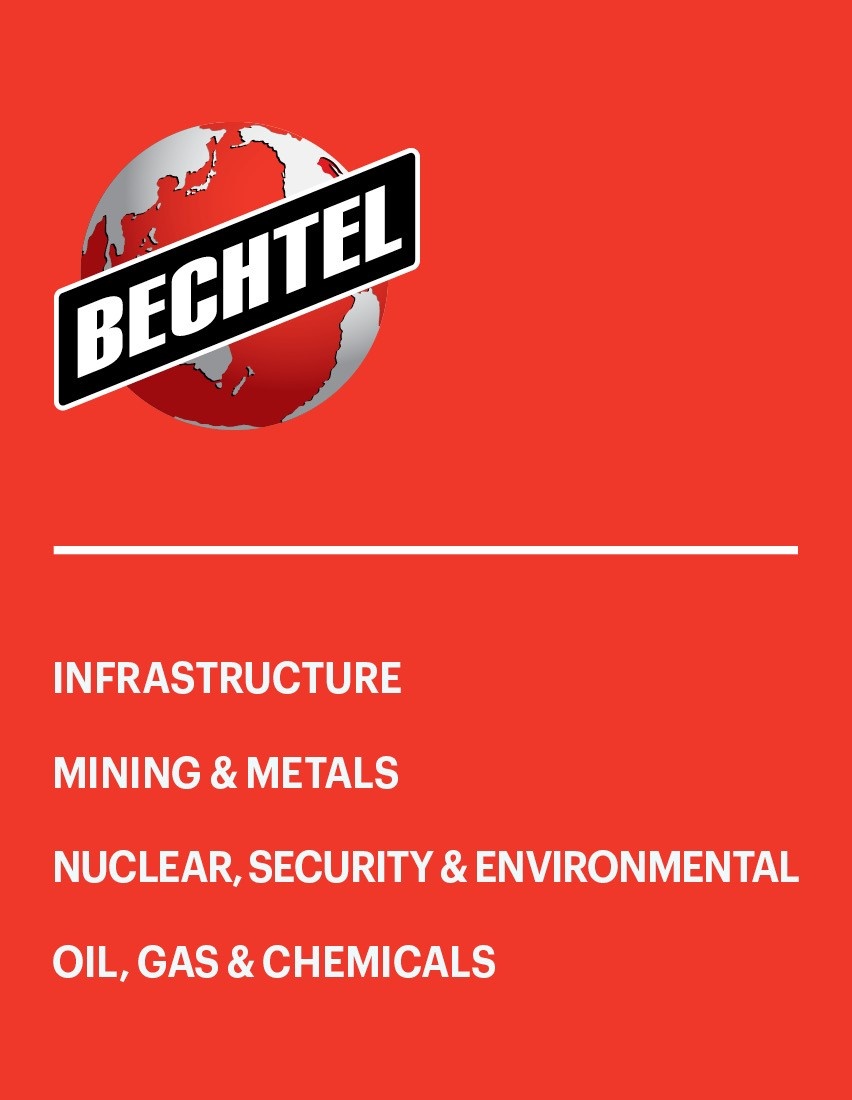Sustainability and Profitability

While many companies jump to the conclusion that environmental stewardship and bottom-line profitability are mutually exclusive of each other, Bechtel has always embraced the concept of sustainability and continues to advance it through innovation in the company.
“We always look to the future when we think about sustainability, we think about how investing in communities is an integral part to being competitive” says Michael Yamoah, Manager of Sustainability Insights and Analytics at Bechtel.
This year, Bechtel launched its 2030 goals to plot a course for the company over the next decade. In this endeavor, Bechtel established a number of ambitious targets that it will strive to build itself around. One of them considers the legacy of what we leave behind by reducing our environmental footprint, not only at an individual project site but also in each of the offices and facilities across the whole of Bechtel. We believe a “zero” environmental footprint is possible and we are challenging ourselves.
Bechtel recently completed the simultaneous design and building of three Liquefied Natural Gas (LNG) mega-projects on Curtis Island in Queensland, Australia. The LNG complex is the largest private investment in Australia’s history and was a project with a scope that had never been attempted before. Together, the three plants will annually account for approximately 23.5 million metric tons of LNG; or 8 percent of global LNG production.
In the construction of this complex there was enough concrete poured to build seven Empire State Buildings; enough structural steel used to build 13 Eiffel Towers, and; enough electrical cable used that it could run the length of the Grand Canyon 11 times. At its peak, the project employed 30,000 people across seven countries, with almost half of those workers on Curtis Island alone; contributing more than $1.5 billion in local wages.
“We not only hired people from the community and contracted with small businesses, we also helped modernize their capabilities for opportunities beyond the project,” says Adi Raval at Bechtel. “Furthermore, when we set out to build these projects, we try to work with the environment and not against it. For example, the soil was not just thrown into the ocean and it was—instead—recycled. These are the hallmarks of sustainability at Bechtel.”
Looking ahead, Bechtel is exploring advanced innovations in analytics to help navigate its future project decisions, taking external risks and turning them into opportunities in order to engineer something great. Bechtel is not just using new technology for analysis and modeling but it is also integrating social, economic, and environmental factors into cognitive systems to build better projects.
“The next generation of engineers will need to be more emotionally aware of what is happening around them and what they are capable of doing,” says Yamoah, who is obtaining a PhD in Sustainable Development from University College London. “We are setting new standards in our industry, and demonstrating that sustainability does have good returns. Bechtel views sustainability as doing the best that we can, improving the lives of people wherever we work, and being able to deliver the best projects for the world.”

